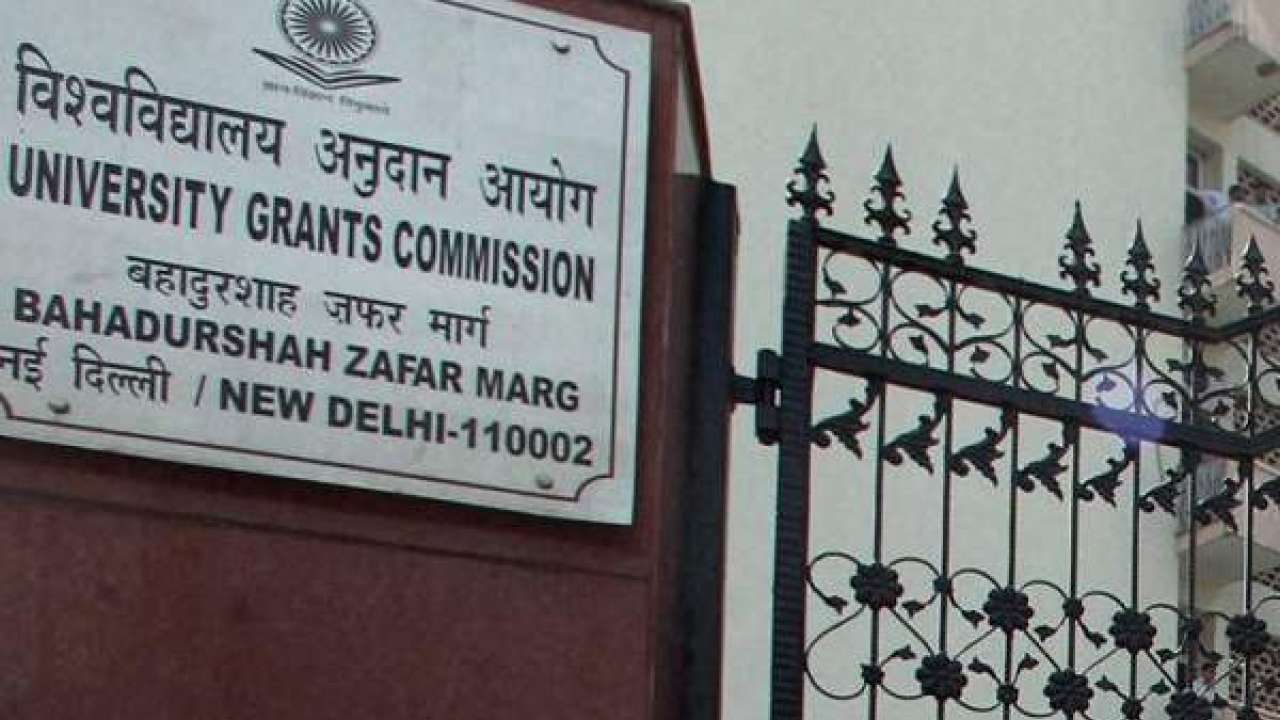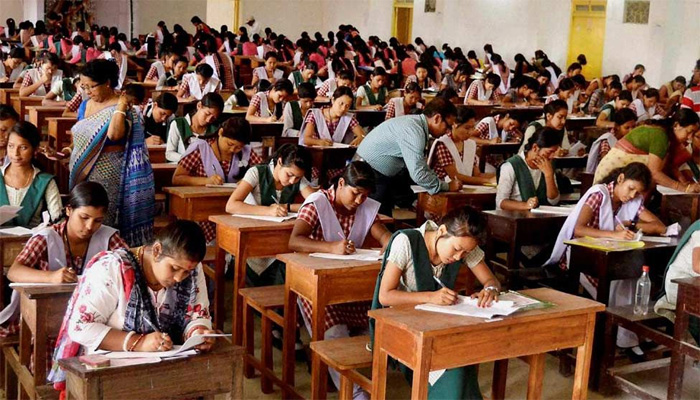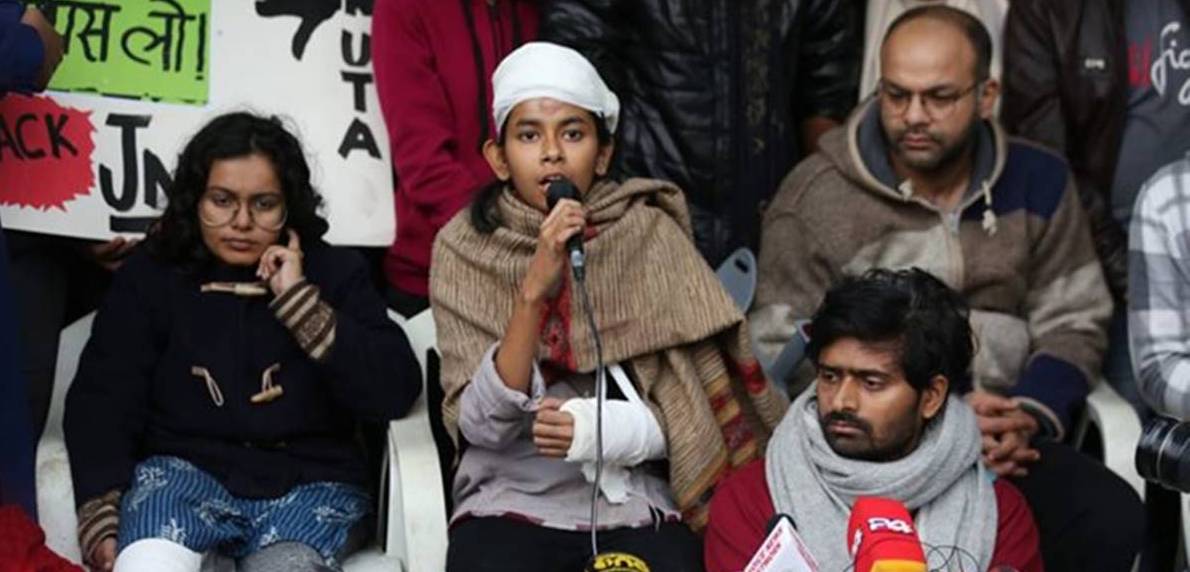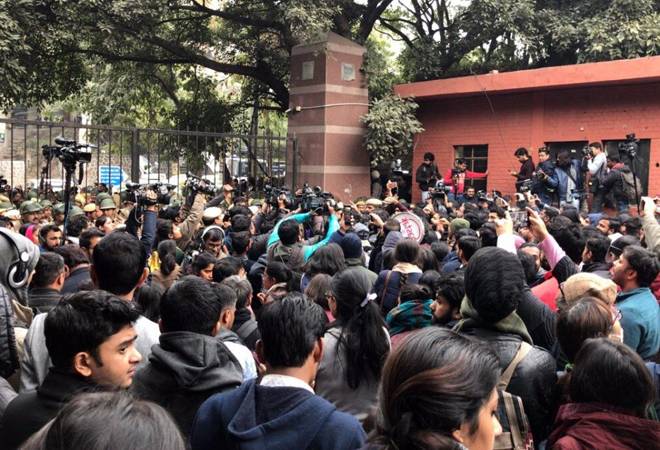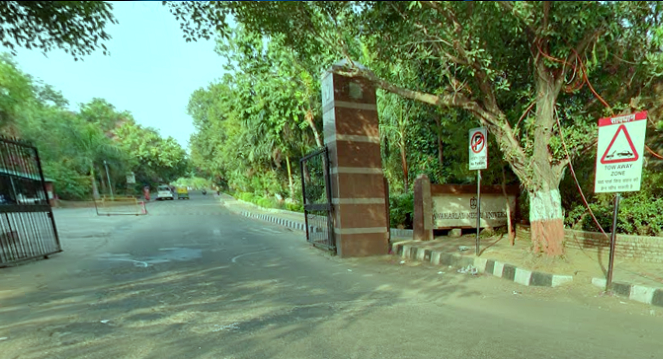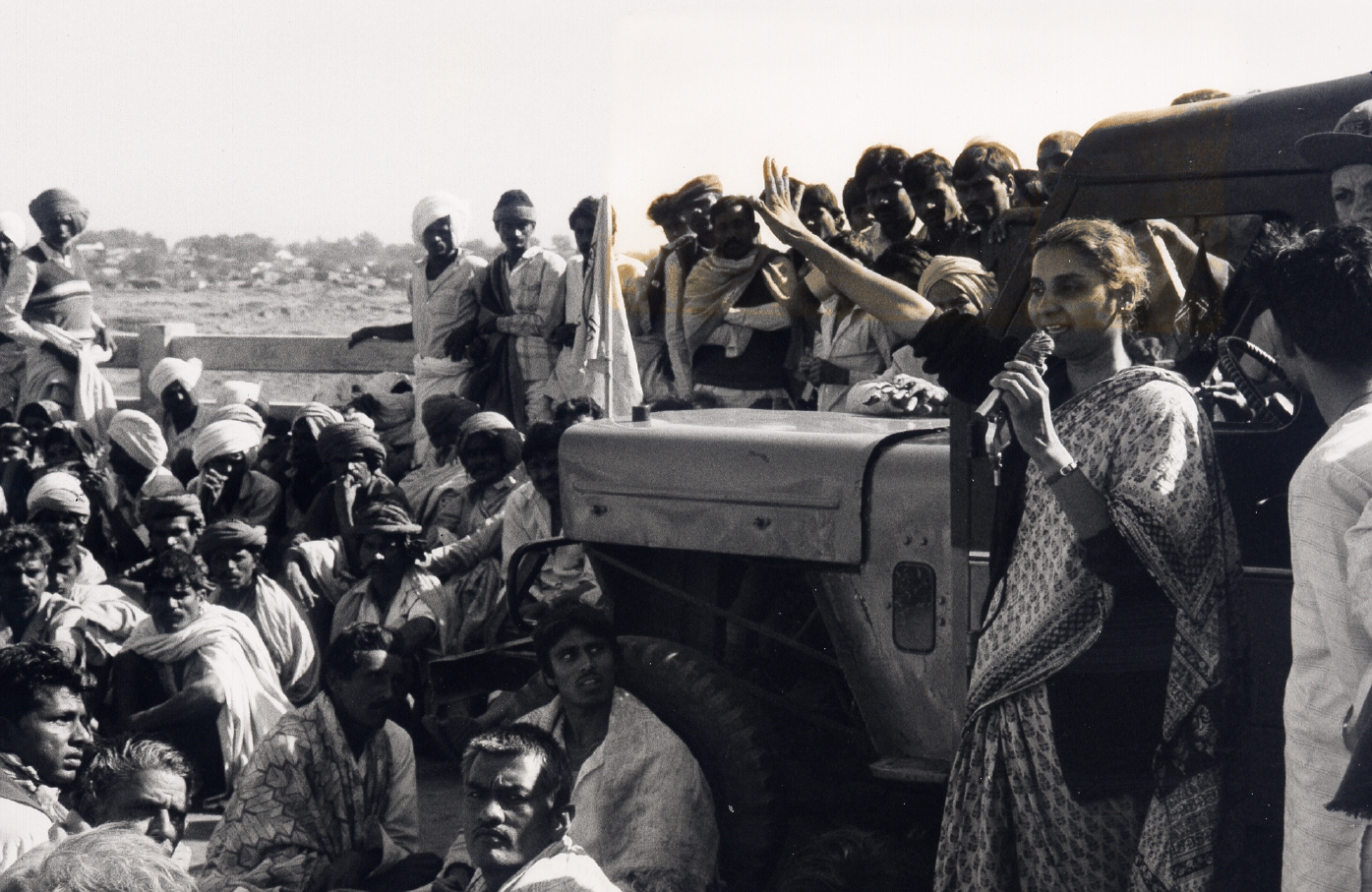MATTER OF CONCERN
Subjective type answers allowed criticality and creativity while MCQs will endanger the culture of reflexivity and bring about the culture of cramming. Amid a range of pedagogic and ethical dilemmas, students and teachers at JNU are resisting the administrative onslaught.
The New Leam Staff
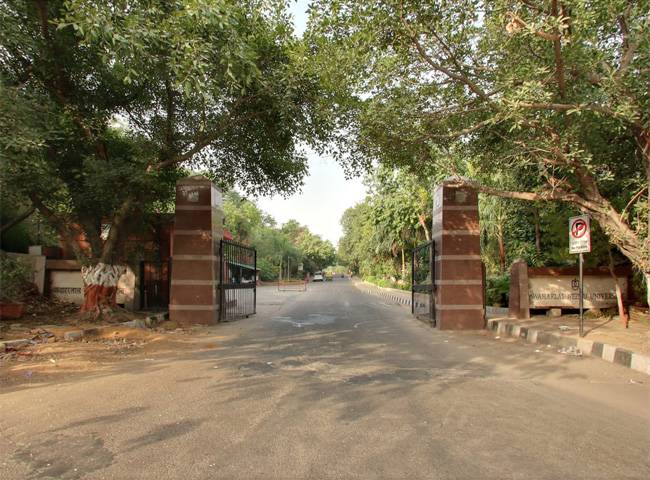
JNU has been in the ambit of controversy for a long time and for a range of reasons. This time around the reason why controversy is centred on the institution is more pedagogical that political. The Vice Chancellor and the administration of the university have agreed to replace the subjective nature of the entrance examination with an objective type pattern that would require the usage of the OMR.
The essay-type/subjective answers that were earlier expected from candidate are now to be changed by an expectation from candidates to ‘pick one’ from a variety of options in the MCQ (Multiple Choice Question) format. An encircling of the ‘correct option’ will now replace the formulation of a nuanced, argumentative answer enriched by a combination of reading, experiencing and thinking. From 2019, the subjective type question paper would be replaced by a MCQ format that will be assessed not by a professor from the university but by a computer.
Putting Things in Context
So far JNU conducted the entrance examination in the format of multiple choice questions (MCQ) for BA courses and subjective type questions for M.A and MPhil students and there is a face to face interview for direct Ph.D. candidates.
The current administration has decided to change the previous format and universalise the pattern. It will now adopt Multiple Choice Questions (MCQ) pattern for all students. The administration justifies that MCQ would ensure objectivity and obliterate the teacher’s bias. The mot predominant argument given in favour of MCQ is that it ensures objectivity and avoids human error, and students get justice moreover it requires less staff as assessments are computer based. The arguments on the opposite end say that it encourages cramming habits in students, discourages uniqueness in thinking, does not allow people to express themselves and confines their expression. Those in favour of objective type answers also claim that it is pedagogically nuanced and encourages the culture of thinking that is critical in the humanities.
Why the dilemma?
While MCQ’s became a rage in most universities throughout the country in some form or another, JNU had so far remained away from the temptation. As the institution sets to join the several other universities towards having a uniform, multiple-choice based exam, not all is well with the teachers and students.
The Students ‘Union and a large segment of the faculty oppose the new pattern of examination. The argument is that students would be able to reflect, analyse and come up with critical thought in subjective type questions. At such a high level of research the faculties of critical thinking, analysis and nuanced argumentation have to be tested which cannot be done through MCQ entrance examinations. The argument here is that while an MCQ exam paper may test the knowledge of factual details, the understanding of a candidate’s cognitive, critical, and analytical and research capabilities cannot be estimated through this pattern. MCQ would not help to choose a research-oriented candidate.
No Room for Your Individuality
The long-essay type questions enabled teachers to evaluate a candidate’s creativity, writing and critical skills. Recently, a 12 member committee made a comparative analysis between Pondicherry University (with MCQ exams) and JNU and came up with the recommendation that JNU shall adopt the MCQ for objectivity and non-partiality.
JNU’s student activists have resisted the shift to online test and argued that it would lead to exclusion for a large number of candidates from the rural areas. The concerns expressed by the teachers are primarily regarding the content of these tests. They argue that in social sciences for example, there are quite often not singular answers but a diversity of vantage points. The fear is that an examination such as this may lead to memorisation rather than analytical skills. Moreover, open-ended questions allowed humanities and social sciences to draw candidates from other disciplines. Leaving scope for individual ideas is not really a disadvantage.
Contradictory to popular perception many faculties from the Sciences have expressed their views against the MCQ type examination by saying that it would make things very easy for the private coaching centres and encourage mechanical memorisation. The habit of cramming and mechanically learning things makes a student handicapped for life.
Overarching the Sanctity of Faculty
Every centre in JNU is required to submit their question papers and answer keys on or before October 8. To maintain objectivity, the administration has been contemplating to hire an external expert to set the question paper and encourage the conduction of the exam by a private company. This way the complete intellectual dignity and freedom of teachers is being sacrificed.
Moreover, while JNU is adopting the computer-based exam- here are a few concerns that cannot be neglected –
- What about the candidates from thousands of deprived villages in this country who don’t have access to computers and the internet, will their talent and capability not be allowed a fair chance?
- The proliferation of coaching centres that lay emphasis upon cramming rather than understanding will predict entrance examination questions and discourage student’s individual thought process. How will this enable the student to equip herself with skills like critical thinking, analysis and creativity necessary at the research level?
- Where is the academic and vocational sanctity of the teachers as the administration tries to completely alienate them from deliberating, creating and examining question papers of students they would have to teach and supervise?
- Why shall the answer keys be given to the administration so well in advance?
[irp posts=”6670″ name=”Enough is Enough Say JNU Teachers in Open Letter to HRD”]
The point that must be raised is why the teachers are being elbowed out of the selection process as the pattern of the examination is undergoing massive transformation. Moreover the instructions on Answer Keys which have to be submitted along with the questions prior to the exams have raised several concerns about the security. Formerly, individual centres remained the sole custodians of the Answer Keys until the examinations were over but now the VC plans to have them distributed in every examination hall. Teachers argue that this will compromise security. Students on campus have also called a collective strike to oppose the onslaught of the administration and the change in examination patterns.


